Expository Writing Teaching Resources
Whether you call it expository writing, informational writing or writing informative texts in your classroom, it's important for students to learn to write in a manner that shares straightforward information on a certain topic to educate their reader. It's a skill that will serve them well throughout their education and well into adulthood.
Getting your students started with informative writing this school year? The Teach Starter team of teachers has put together everything you need to teach this core writing type to your elementary writers, including printable worksheets, writing prompts, writing templates, and more.
Each resource in this collection has been thoroughly reviewed to ensure it's ready to be used in your classroom, and you'll find editable options so you can make the adjustments you need to meet state-level standards and meet your students where they are.
New to teaching this type of writing or looking for a handy refresher? Read on for a primer from our teacher team, including a definition you can use explain what you mean when you introduce expository or informative writing to your students.
What Is Informative Writing or Expository Writing? A Kid-Friendly Definition
We have always found it is helpful to have a definition handy when we are introducing the different genres of writing to our class. Here's one the ELA teachers on our team use for expository writing:
Expository writing is a type of writing that is created to educate the reader with facts.
This type of writing goes by a number of names, so maybe your district calls it something else. Here's a look at just a few of the names it may be called:
- Expository writing
- Informational writing
- Explanatory writing
- Informative Writing
Informative Writing vs. Persuasive Writing — How to Explain the Difference to Your Students
Informative writing is just one of the many writing styles your students will learn in elementary school, but it's important to establish the clear differences between them.
Take persuasive writing, for example. Like informational writing, it requires becoming educated on the topic a student is writing about, and it involves using facts in writing.
On the other hand, a persuasive writing essay is written to convince the reader of something. In higher grades, it transitions into opinion writing because it takes a side on a topic rather than remaining impartial.
That's not true of an expository writing piece, which takes a "just the facts, Jack" form.
What Are the 5 Elements of Informative Writing?
As you dive into teaching informational writing, there are 5 elements you'll want students to focus on explaining to the reader. They're often called the 5 Ws:
- Who
- What
- When
- Where
- Why
Students may also include a sixth element, which explains "how" something happened.
5 Informative Writing Examples to Share With Your Students
You may want to start your students off on your informational writing unit with examples to help familiarize them with this sort of writing. Fortunately, informational writing is found all around us in daily life.
Students have almost surely read more than a few examples of expository writing along the way, but they may not have known what to call it.
Some examples that students will likely recognize include:
- Procedural or "how to" texts such as instruction manuals or recipes
- School cafeteria menus
- Road signs
- Event flyers
- This description of informative writing!
Consider challenging students to bring an example of informative writing to class as a form of homework!
- Plus Plan
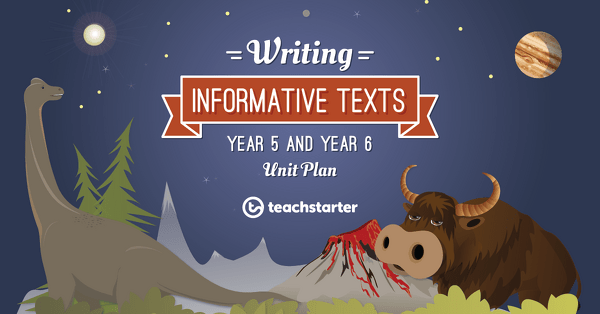
Applying Proofreading and Editing Skills
A 60 minute lesson in which students will learn and apply proofreading and editing skills.
- Plus Plan
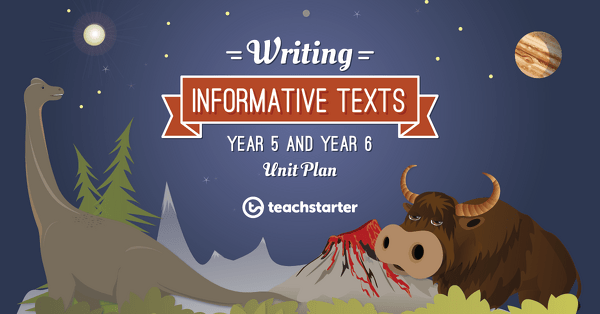
Using A Fact File - Shared Writing
A 60 minute lesson in which students will use a fact file and scaffolding sheet to write an informative text in pairs.
- Plus Plan
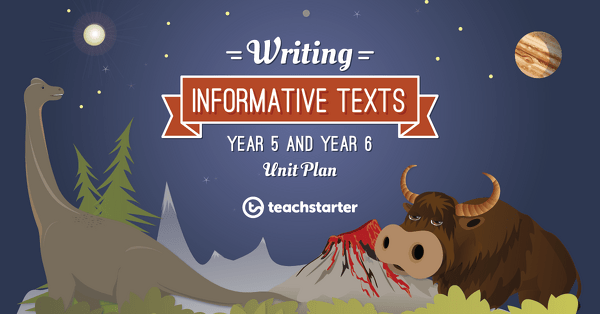
Constructing a Paragraph - Modeled Writing
A 60 minute lesson in which students will correctly construct an informative paragraph.
- Plus Plan
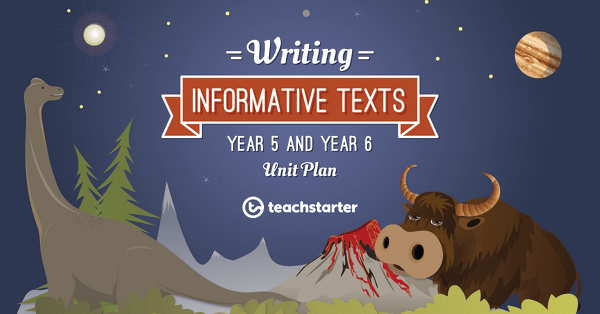
Informative Paragraph Structure
A 60 minute lesson in which students will explore the correct paragraph structure for informative writing.
- Plus Plan
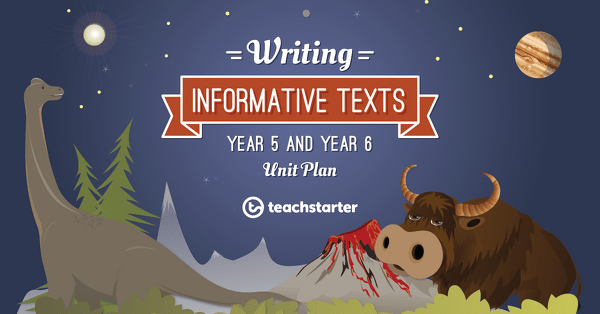
Informative Texts - Language Features
A 60 minute lesson in which students will identify and explore the language features of informative texts.
- Plus Plan
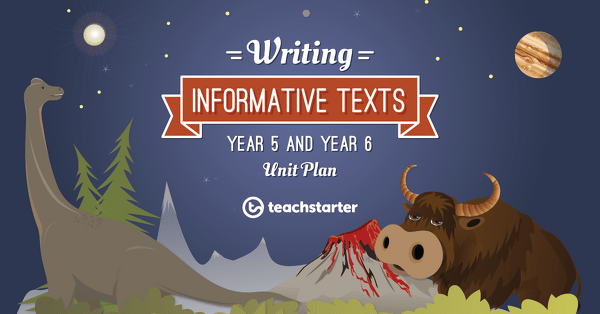
Informative Texts - Text Structure
A 60 minute lesson in which students will identify and explore the structure of informative texts.
- Plus Plan
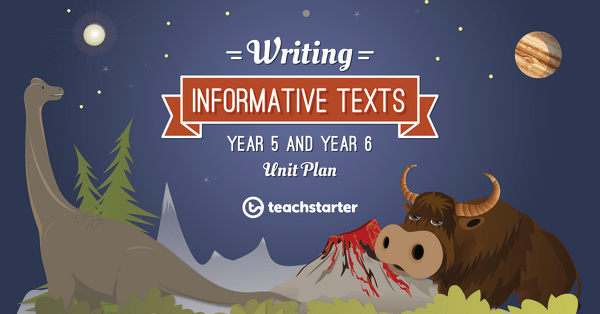
Let's Get Factual!
- Expository Writing Templates
- Expository Writing Worksheets
- Expository Writing Word Walls
- Expository Writing Posters
- Expository Writing Games
- Expository Writing for Kindergarten
- Expository Writing for 1st Grade
- Expository Writing for 2nd Grade
- Expository Writing for 3rd Grade
- Expository Writing for 4th Grade
- Expository Writing for 5th Grade
- Expository Writing for 6th Grade